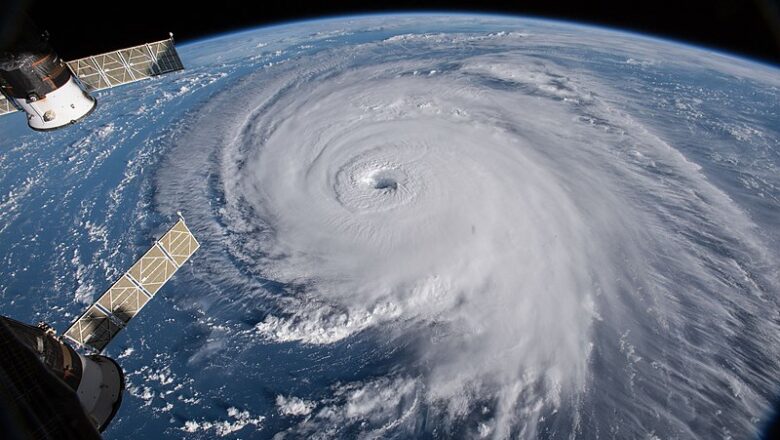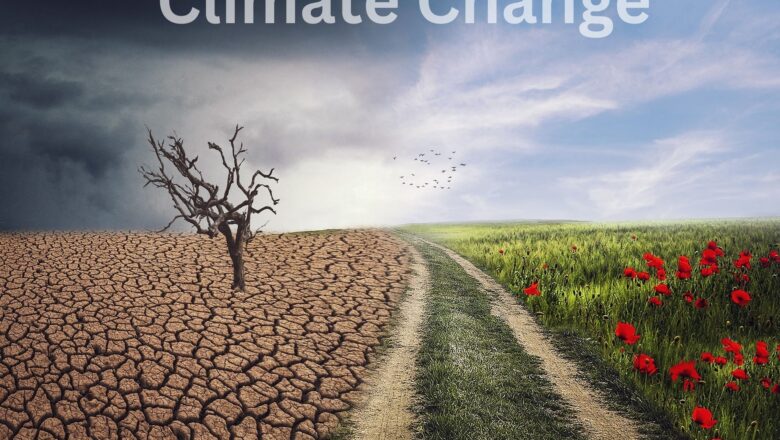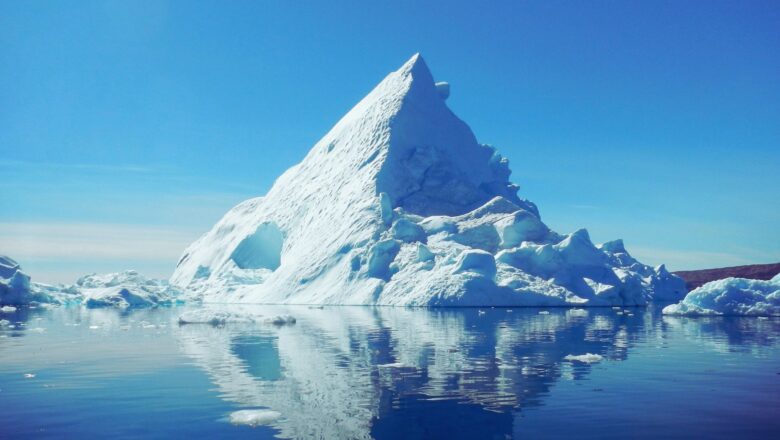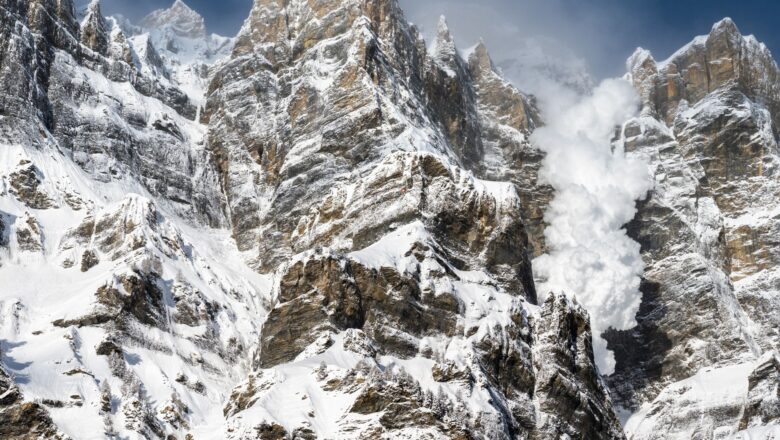
Experts Call for Unified Climate Strategy to Protect Kolkata and Sundarbans Push for Revival of Trams
The climate futures of Kolkata and the Sundarbans are deeply intertwined, and experts now warn that failing to address them together could worsen the vulnerabilities of both regions. In a recent meeting held in Kolkata, scientists, activists, and urban planners came together to issue the ‘Kolkata Declaration 2025’, calling for an integrated climate security strategy, particularly highlighting the revival of eco-friendly public transport like trams as part of the solution.
The air and water pollution from Kolkata is degrading the Sundarbans mangroves, which in turn weakens the city’s natural shield against cyclones and extreme weather. Experts said that despite being just 100 km apart, Kolkata and the Sundarbans are often dealt with separately in climate policies a mistake that needs urg...








